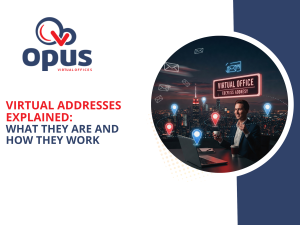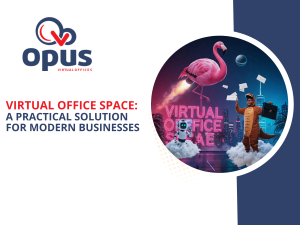Business Entities – Which is the right one for you?
Choosing the correct business entity is an important decision that will have significant financial and legal implications for your company. There are several business entities, each with unique advantages and disadvantages. This article will explore the most common business entities, and their pros, and cons.
Sole Proprietor:
A sole proprietorship is the most common form of ownership for many new businesses. This is the legal entity used by most of those who want to maintain total and complete control over their company. This is also the most straightforward business entity to create. A sole proprietorship is when a company is owned and operated by a single individual who is personally responsible for all the business debt & liability. This means creditors can attach the owners’ assets if the company gets sued or goes bankrupt. On the flip side, the owner maintains total and complete control over every aspect of the business, and there is no double taxation on profits.
Pros:
- Easy and straightforward to set up
- Total control over every aspect of the business
- Profits are taxed as personal income
Cons:
- The owner personally carries all liability for the business
- Limited ability to raise capital
- The company usually dies with the owner
Partnership:
This is a replica of the sole proprietorship entity with the addition of multiple owners who share in the profits and losses. There are two types of partnerships:
- General Partnerships: all partners are personally liable for business debt and obligations equally
- Limited Partnerships: the amount of obligation is not split evenly between the partners; it’s dependent on their investment in the company.
A partnership entity is used by small businesses that want to share the risks and rewards of ownership with others.
Pros:
- Inexpensive and straightforward to set up
- Shared responsibilities regarding finances and management
- Shared profits and losses with partners
Cons:
- Partners are personally liable for business debts and liabilities
- Possible disagreements between the parties involved can lead to the breakdown of the business
- Limited ability to raise capital
Limited Liability Company (LLC):
Small businesses usually create LLCs when they want personal asset protection without dealing with all the formalities of a proper corporate structure. An LLC is a blend of two entities – an S Corporation and a partnership. LLC owners get the best of both, making this one of the most popular business entities. LLC owners are called members who carry no personal liability of the company yet still benefit from pass-through taxation.
Pros:
- Personal protection from company debt and liability
- Flexible management structure
- Pass-through taxation
Cons:
- More expensive to set up than a sole proprietorship
- Complex regulations & formalities must be followed
- Limited ability to raise capital
Corporations:
Corporations are separate entities owned by shareholders. A corporation can raise capital by issuing stocks and bonds; shareholders don’t carry personal liability for the company debt. This is often the entity of choice for companies looking to raise capital.
Pros:
- Shareholders have limited liability for company debt and obligation
- Ability to raise large amounts of capital
- Continuity of the company regardless of ownership and transfer of stock to other members
Cons:
- The most expensive entity to create
- Large amounts of state rules and regulations must be followed
- Double taxation – shareholders are taxed on their income, and the corporation is taxed on profits
Non-profit Corporations:
A non-profit corporation is usually reserved for charitable or educational purposes or other public benefits. This is the entity of choice for organizations that want to impact the community or the public rather than concern themselves with making a profit. Non-profits are exempt from federal and state income tax and may receive tax-deductible donations.
Pros:
- Tax-exempt status
- Ability to receive tax-deductible donations
- Ability to pursue a mission rather than make a profit
Cons:
- Created for a specific purpose
- Requires a lot of documentation to receive the special status of a non-profit
Opus Virtual Offices is a B2B provider of virtual administrative services that can help you run your business more efficiently. If you need a prestigious corporate address in a new market due to corporate growth, Opus has over 650 locations across the U.S. and Canada. Wherever business opportunity strikes, Opus VO is there! Regardless of which entity you choose, Opus VO can work with you to expand into new markets, grow your customer reach, and take care of the daily minutia that goes into running a successful business.





























